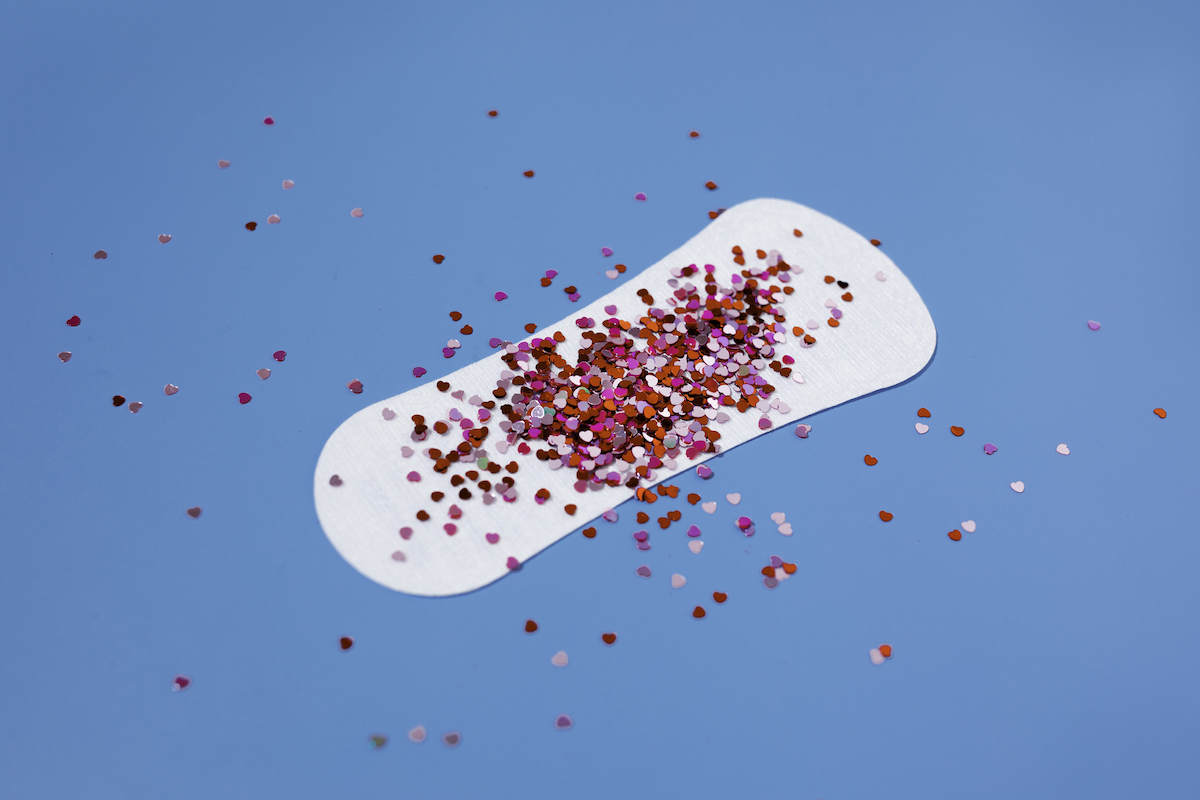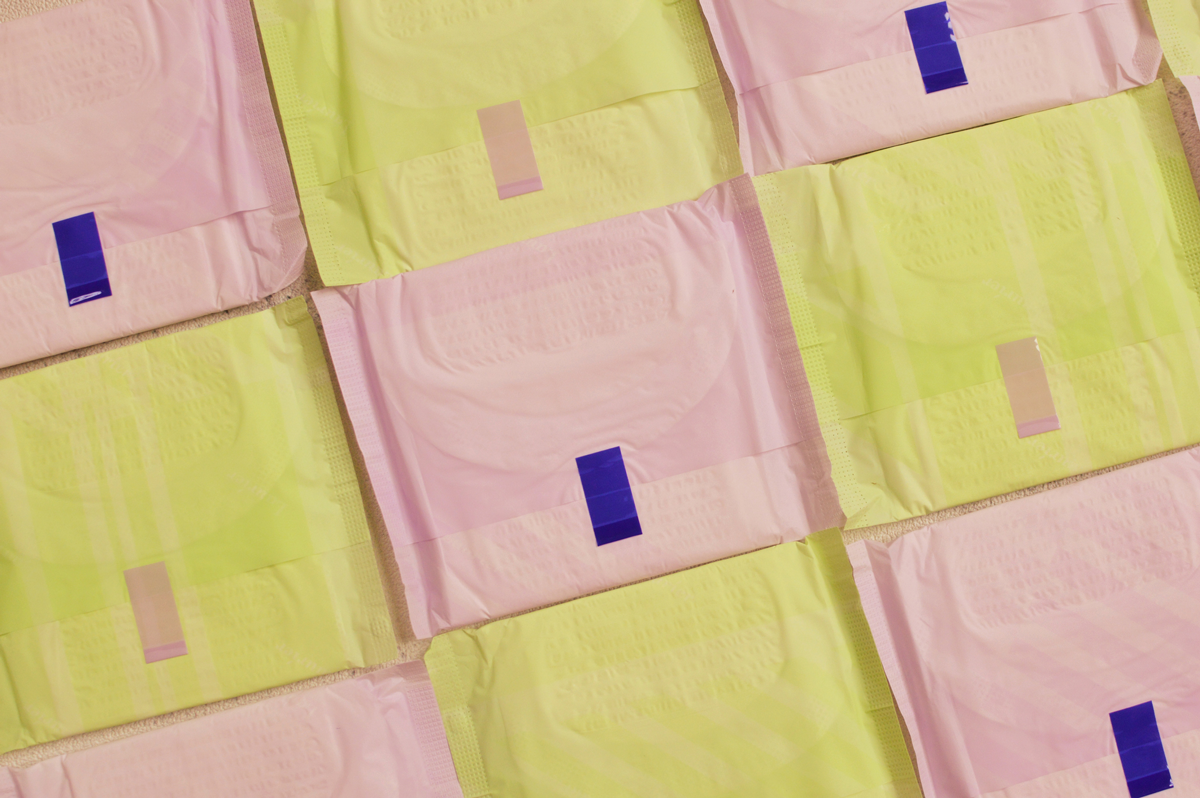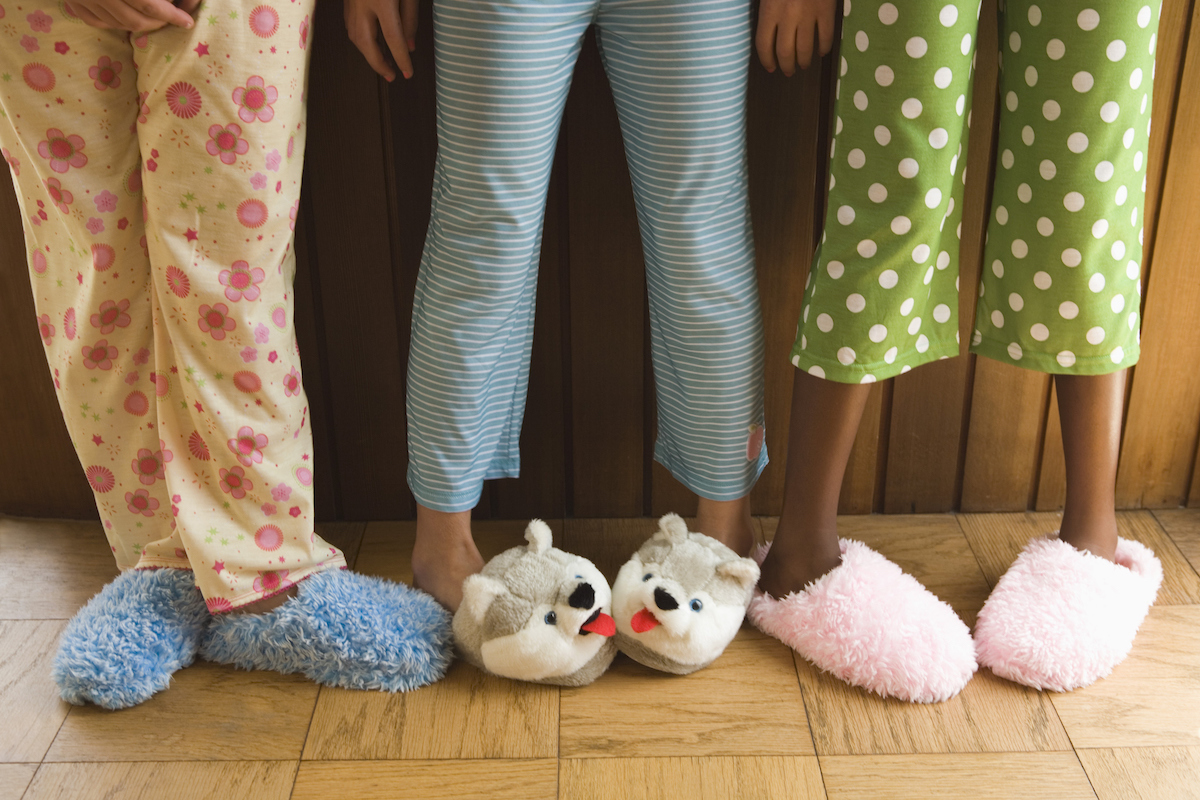Every month, thousands — maybe tens of thousands! — of academic papers are published in journals. From this set, you’ll see coverage in the media of perhaps … six? Maybe eight? It’s not that the rest have no influence. They drive further research, or clinical practice, but in the public we hear about only a small share. Usually coverage goes to the ones that seem like they’d generate the most clicks, because they are scary or surprising (or judgmental).
This is a shame because there are many articles that I think are useful for a broader audience. Here’s one of them.
Years ago now, when COVID vaccines were first rolling out, there was a lot of noise about the question of whether the vaccines, or COVID itself, impacted menstrual cycles. Women reported longer cycles after illness and after vaccination. Concerns were raised in some circles that these disruptions might mean disruptions for fertility.
In general, illness or other immune challenges can lengthen menstrual cycles. Your body wants to ovulate when you’ve got the best chance of pregnancy. For a number of reasons, this is not when you’re sick. So illness can delay ovulation, lengthening cycles. The question is: does this happen with COVID, and by how much?
To answer this, researchers writing in the last issue of Obstetrics & Gynecology used data from a period tracker app from women who responded to a survey about COVID-19 symptoms and COVID-19 vaccination. The use of data from an app is notable here because it allows the researchers to get a relatively large sample with relatively precise tracking data; both of these features are important if you want to detect small impacts on cycle length.
The authors have data on 6,514 app users between the ages of 16 and 45 in 110 countries, covering 32,570 cycles. They have people whose cycles overlap with COVID-19 illness (1,450 of them), COVID-19 vaccination (4,643 of them), and controls (421). The authors find that cycles affected by COVID-19 were an average of 1.45 days longer. Cycles that overlapped with COVID-19 vaccination were an average of 1.14 days longer.
These increases lasted for a single cycle only in both cohorts.
Conclusion: Both COVID-19 vaccination and infection lengthened cycles, but only by a day or so and only for one month. There is no reason to think there would be any fertility impacts as a result.
[Testing testing]
Community Guidelines














Log in